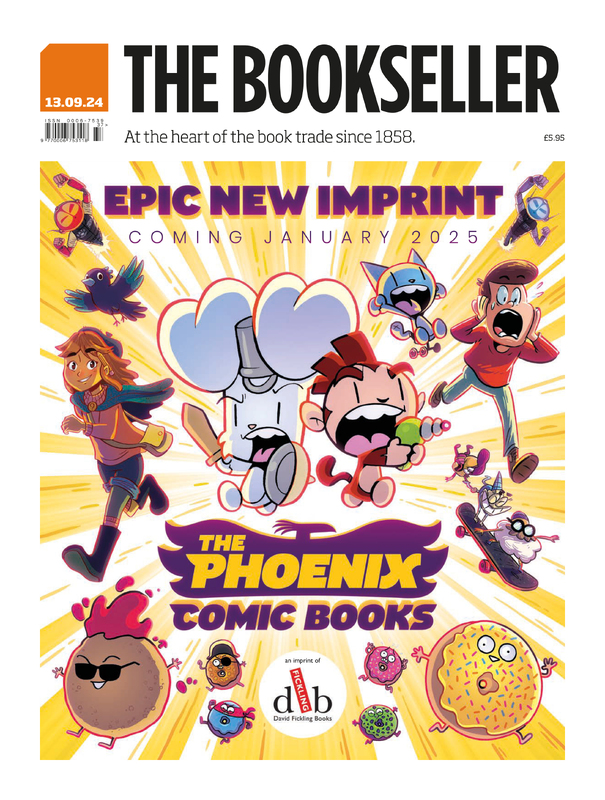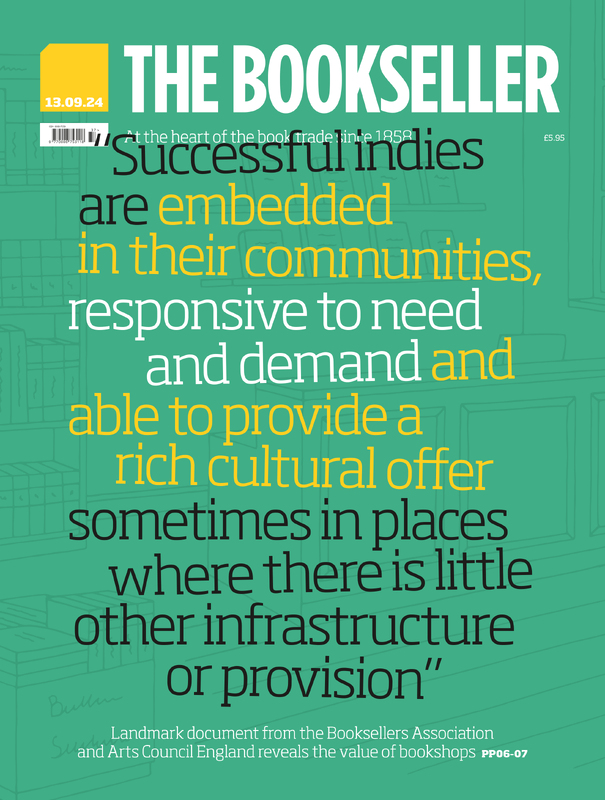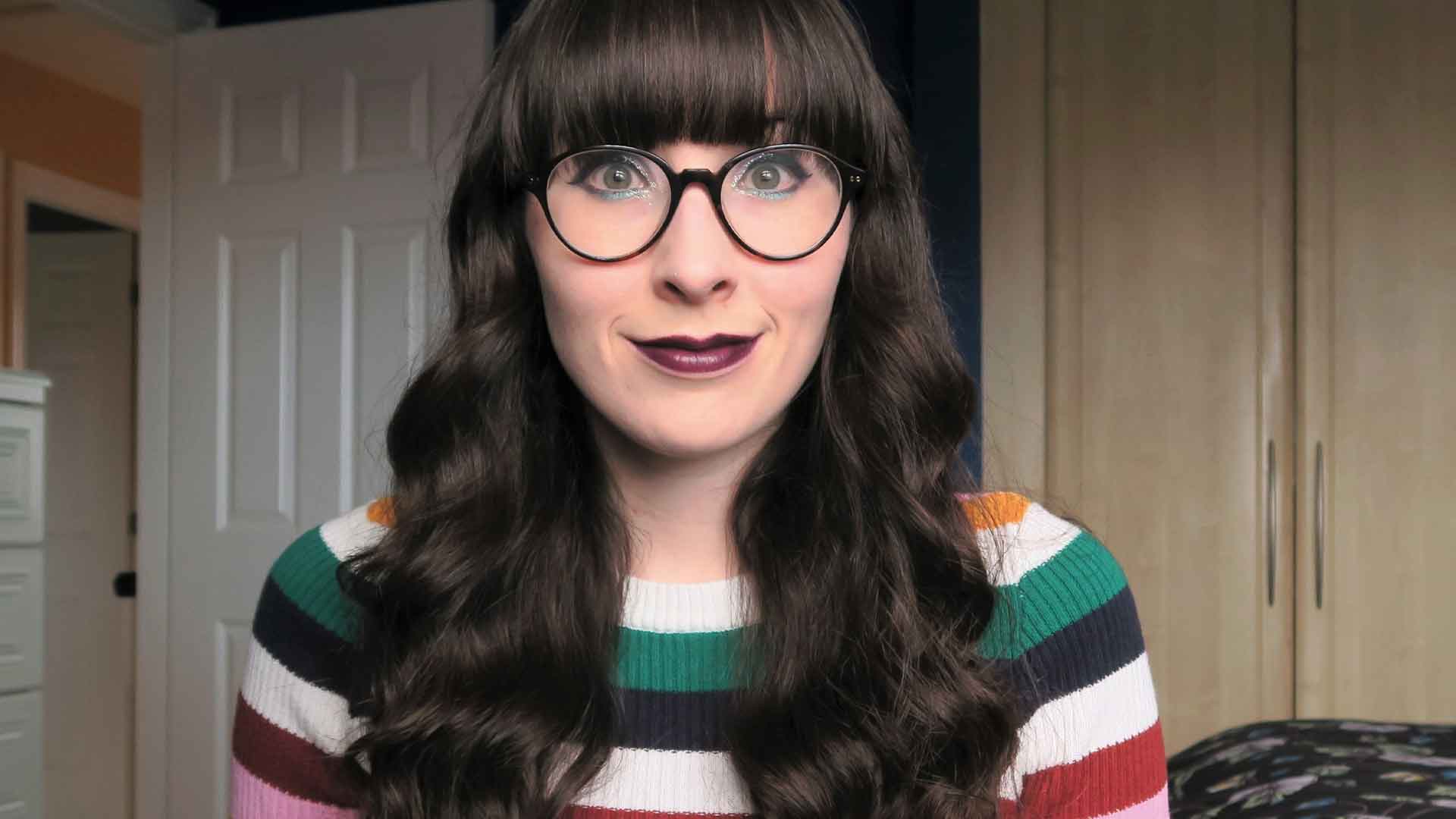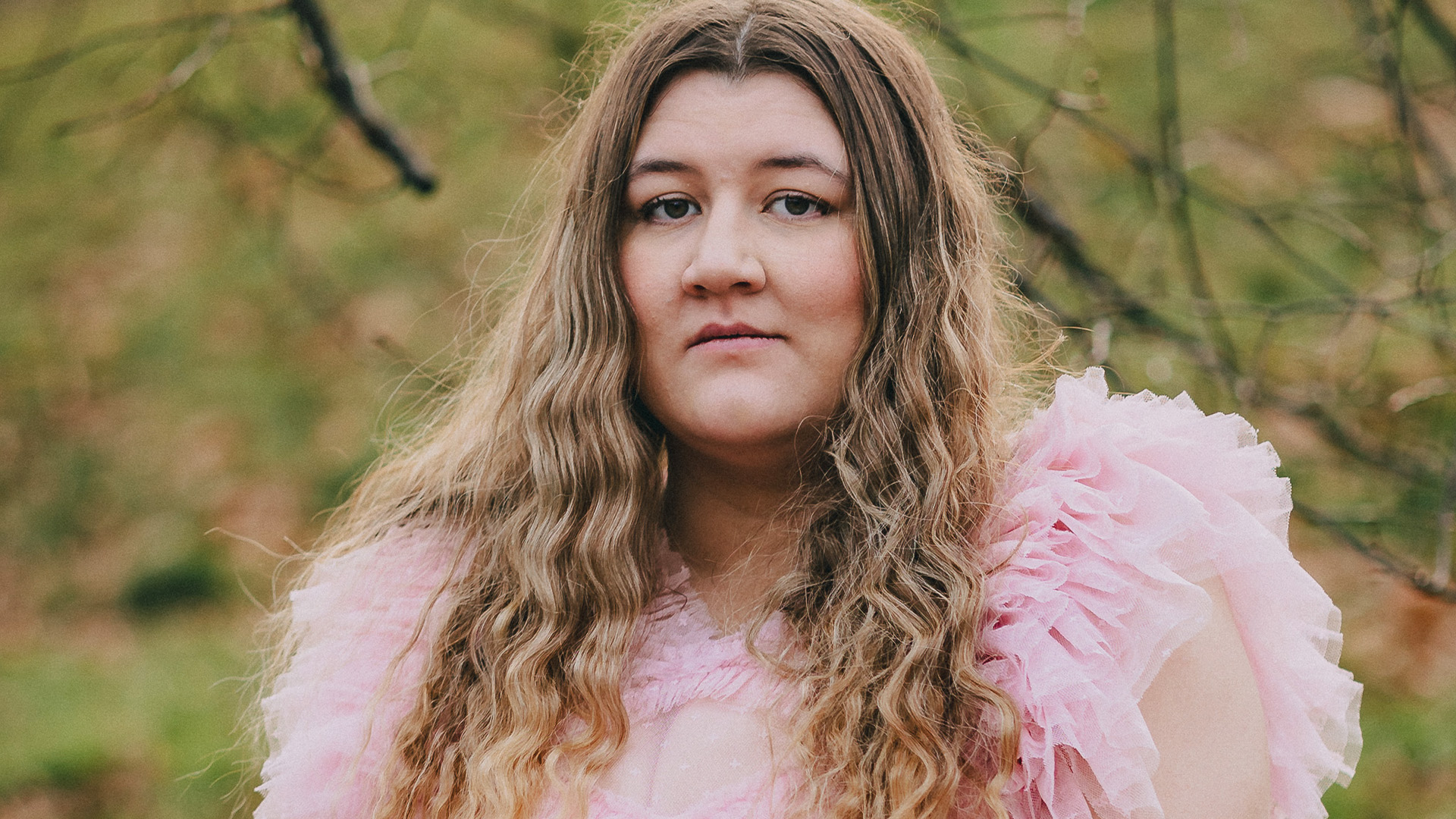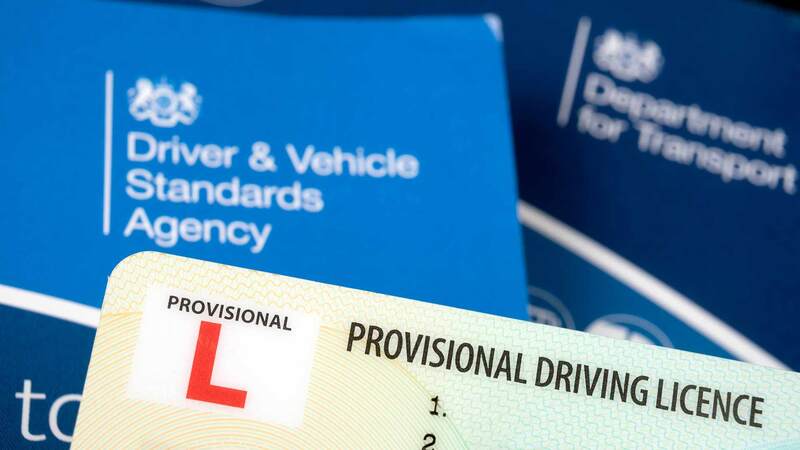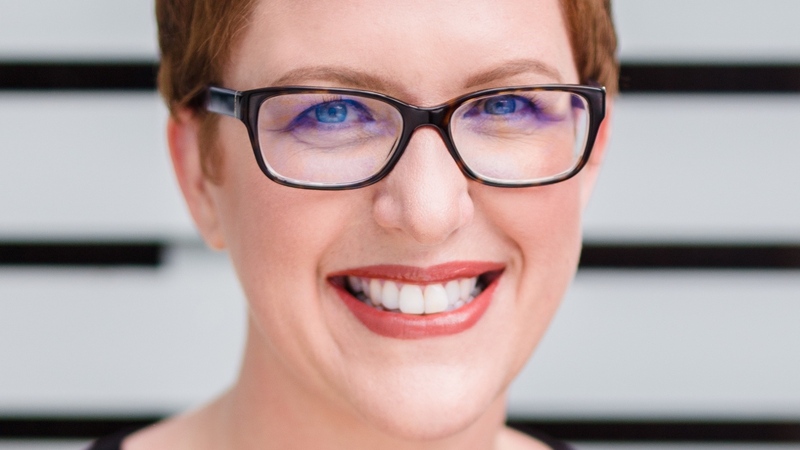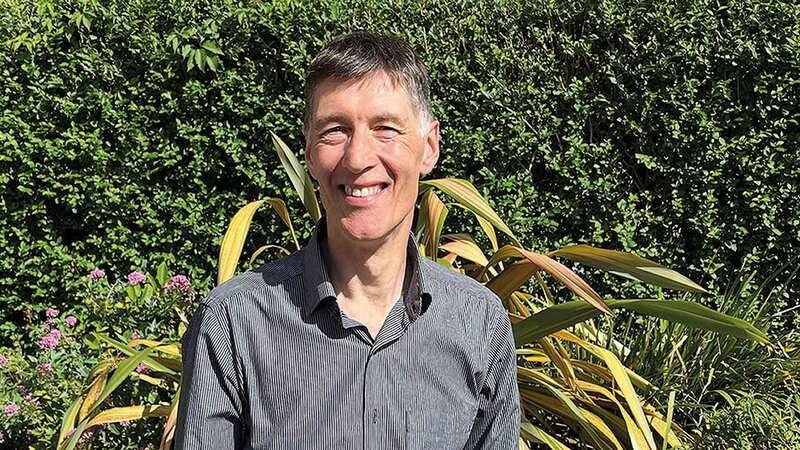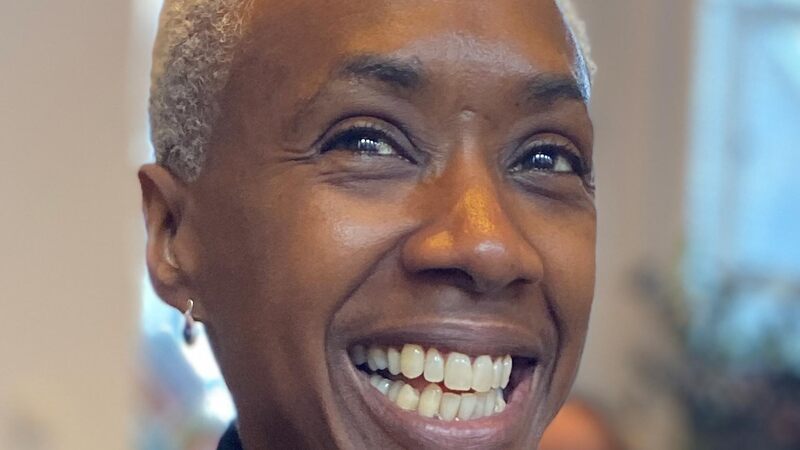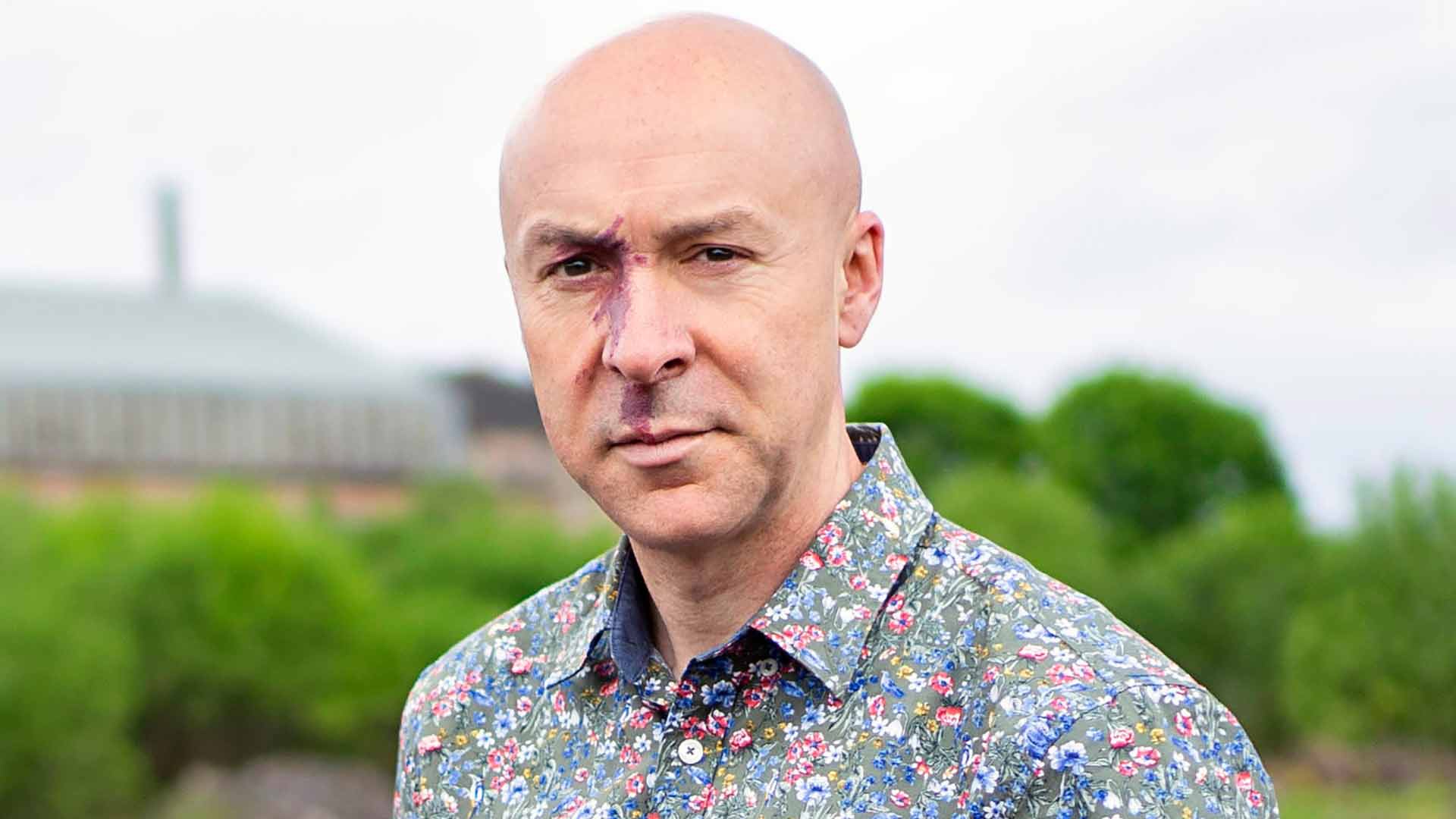You are viewing your 1 free article this month. Login to read more articles.
Publishing must educate itself on how to support neurodivergent writers
Publishing should consider how we can communicate more inclusively so autistic people can feel less anxious and be free to be themselves.

When I started out in publishing, I regularly worked between 12 and 16 hours a day. I said yes to helping at every event I could; I answered every email; I never missed a deadline. It was my first full-time office job, and I knew working for my dream company made me very lucky. I was determined to give it everything I had.
Imagine my surprise, in my first appraisal three months in, to be asked the question: “Do you really want to be here?” Apparently, they couldn’t tell.
The reasons? I hadn’t socialised enough with colleagues, and I hadn’t shouted about my achievements.
In education, I’d been taught that hard work spoke for itself; self-promotion served no function, and the extent to which I socialised or put my hand up in class didn’t matter. I hadn’t yet learnt that the world of work was very different.
And I quickly came to realise that publishing is a particularly social profession —no matter which department you work in, so much emphasis is placed on networking, fitting in and being loudly passionate about what you do. It hadn’t occurred to me that spending a lunchtime gossiping with colleagues might benefit my career progression more than eating at my desk to make sure I met my deadlines.
This all happened almost a decade ago, and I wonder: has much changed?
For me personally, something has: I received an autism diagnosis in May this year, after two and a half years on an NHS waiting list. In 2021 I wrote a blog post for The Bookseller about how my chronic pain was mishandled while working in publishing, and—looking back with fresh, autistic eyes—I can see how neurodivergence played its role too. And from doing research into disability and publishing over the past few years, I know I’m not alone in my experiences.
It is estimated that more than one in 100 people are autistic, which is defined by the National Autistic Society as “a lifelong developmental disability which affects how people communicate and interact with the world.” Often it involves challenges with social interaction, sensory issues, repetitive or restrictive behaviour, highly focused interests, and extreme anxiety. Every autistic person is unique, and each of these factors affect them to a greater or lesser extent.
Since 2020, conversations around neurodivergence and publishing have been on the rise; Elle McNicoll has been vocal about her experiences as an autistic author, publishers are considering how to change their working practices for neurodivergent writers, and Hachette UK recently launched its neurodiversity policy for staff. But regardless of this progress, there are still many barriers, including challenges getting into the industry in the first place.
Nobody really understands what autism is so very few people offer useful adaptations in advance. You constantly have to ask and advocate for yourself, and when you’re a new author (especially one that’s newly diagnosed) that’s so hard because you feel like a nuisance—Daniel Aubrey, author of Dark Island
Izzy, who works in editorial at a big five publisher, has had positive experiences in her current workplace, but this hasn’t always been the case; she recalls an internship “where a senior member of staff complained to a colleague that I was ‘too quiet’ and they ‘couldn’t make sense of’ me”, and where she had to attend an event last minute without warning, which she found challenging to adapt to, leading to exhaustion. In interviews, she got feedback that she wasn’t coming across as enthusiastic enough; “Most of my brainpower went into monitoring my tone of voice, body language and eye contact rather than actually processing the questions and delivering a good answer”. And she wasn’t sure about telling people she was autistic because “I worried people might think I was a burden and be put off working with me”.
Daniel Aubrey, author of Dark Island, had similar thoughts: “Nobody really understands what autism is so very few people offer useful adaptations in advance. You constantly have to ask and advocate for yourself, and when you’re a new author (especially one that’s newly diagnosed) that’s so hard because you feel like a nuisance. You feel like you have to put up with things because they’re great opportunities and if you don’t force yourself to do them your career will be impacted, but then you’re shattered.” He also discussed issues with events; he spoke about being at a festival and ending up in a “room with loads of other people and not a single person explained who they were or what was happening, but everyone else all seemed to start talking and I was just stood there at the edge of the room trying desperately not to run away”.
Many of the autistic people I spoke to for this article mentioned similar unspoken expectations around socialising, a lack of clarity with what was required of them, and exhaustion after feeling pressured to overextend themselves.
Lynda Cooper, a senior commissioning editor at Jessica Kingsley Publishers (JKP), spoke about the importance of everyone being informed: “Understanding the basics of ND conditions should be a prerequisite for anyone in a communication-based industry.” She gave examples of ways to support neurodivergent authors, including sending short emails with deadlines highlighted in bold, setting clear meeting agendas, sending regular updates even when there isn’t news to share, offering deadline extensions where possible, and being flexible about how communications happen—whether in person, or via a call. JKP has also started to introduce video guides for authors to demystify the publishing process to reduce anxiety.
When asked what else might help them, a common theme from autistic authors and publishing professionals was they wanted freedom to work from home or retreat to quiet places when needed, and not to be judged for how they communicate and socialise.
Steph Jones, author of The Autistic Survival Guide to Therapy, said: “It’s heartbreaking to consider how many gifted writers presume they’re incompetent and walk away from promising careers, when self-advocacy, reasonable workplace adjustments and employer education around neurodiversity could allow them to thrive.” The same could be said for other publishing professionals, too.
So, where to start? Hopefully more neurodiversity policies will follow Hachette’s, but in the meantime, everyone should consider how we can communicate more inclusively so autistic people can feel less anxious and be free to be themselves.
We may not always be able to show it, but we do really want to be here.
Cat Mitchell is a lecturer and the programme leader for the creative writing and publishing degree at the University of Derby. She previously worked in publishing.

